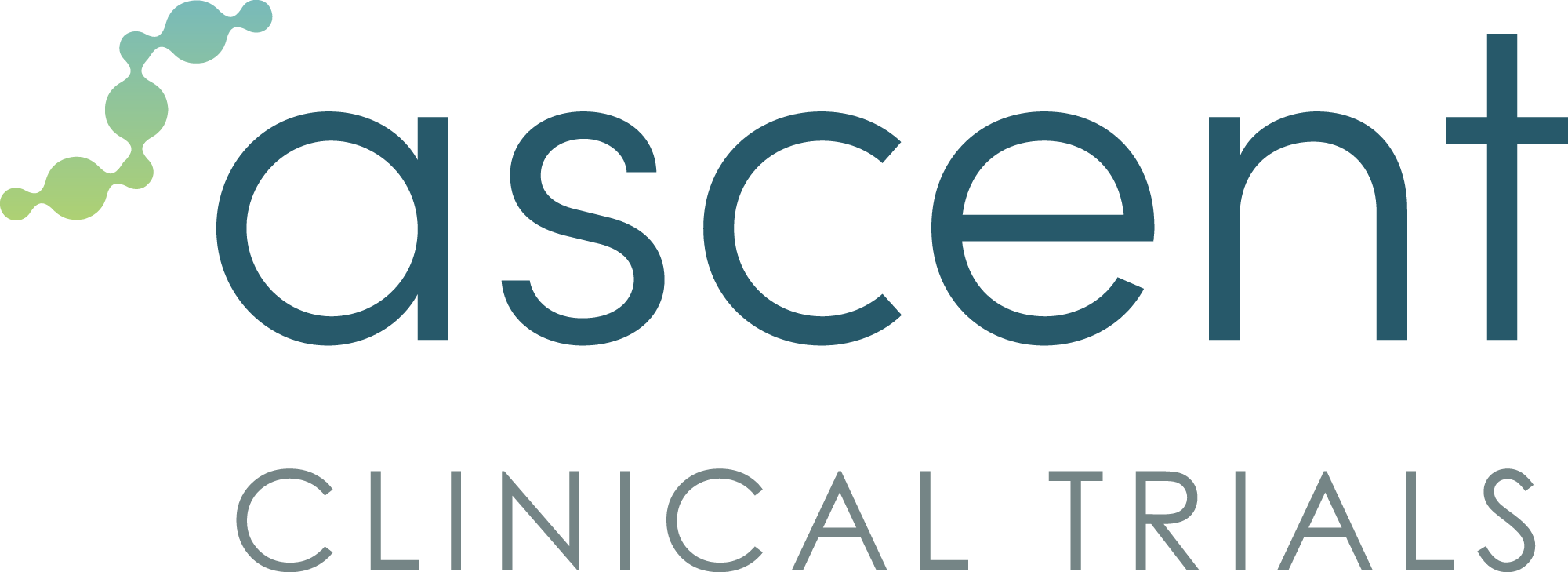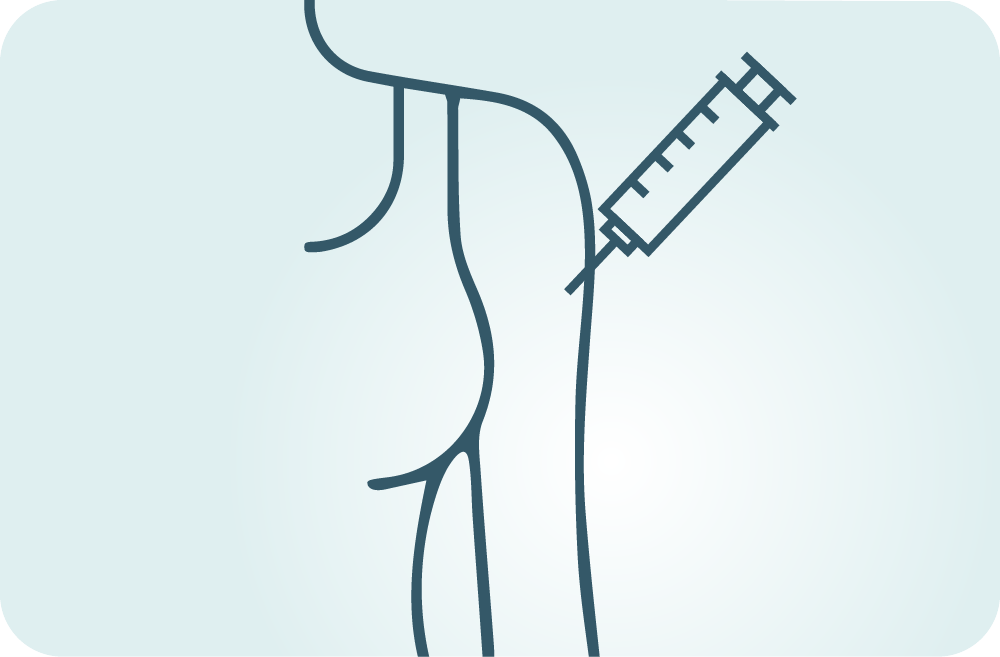The ASCENT clinical trials are evaluating an investigational drug for people with Alzheimer’s disease
About the ASCENT Clinical Trials
The ASCENT clinical trials are evaluating an investigational drug called PRX012.
Who Is Eligible?
You may be eligible to participate if you are 55 to 85 years old with mild Alzheimer’s disease (AD) or mild cognitive impairment due to AD.
Where Can I Participate?
The ASCENT clinical trials will take place at several locations. Click here to view our map and find a participating site location near you.
Who Is Eligible To Participate In These Clinical Trials?
You or a Loved One May Qualify if You or They:
- Are 55 to 85 years old
- Have a confirmed or suspected diagnosis of mild Alzheimer’s disease or mild cognitive impairment due to Alzheimer’s disease
- Gradual and progressive change in memory function for at least 6 months
- Willing and able to complete brain imaging (MRI and PET Scans)
There are additional clinical trial requirements to participate. A clinical trial representative will discuss them with you.
How can I learn more about the ASCENT clinical trials?
If you are interested in learning more about these clinical trial opportunities, please complete the following questionnaire.
This form will help determine if you or a loved one are eligible, and an ASCENT clinical trial representative will contact you to discuss additional eligibility requirements.
"*" indicates required fields
What is Alzheimer’s disease (AD)?
Alzheimer’s disease (AD) is a type of dementia that affects memory, thinking, and behavior. It is a progressive brain disorder due to the age-related buildup of toxic proteins in the brain. AD changes typically begin in the part of the brain that affects learning. Symptoms eventually grow severe enough to interfere with daily tasks. The majority of people with AD are 65 and older.
Common early-stage (mild) AD symptoms may include:
- Person may function independently (may still drive, work, and be part of social activities)
- Memory loss
- Taking longer to complete normal daily tasks
- Repeating questions
- Wandering and getting lost
- Losing things or misplacing them in odd places
- Mood and personality changes
- Common difficulties include:
- Coming up with the right word or name
- Remembering names when introduced to new people
- Having difficulty performing tasks in social or work settings
- Forgetting material that was just read
- Losing or misplacing a valuable object
- Experiencing increased trouble with planning or organizing

About the ASCENT Clinical Trials
*Investigational means that PRX012 is still being tested in clinical trials and has not yet been shown to be safe or effective in treating Alzheimer’s disease or approved by any regulatory authorities.
Participants will be placed by chance into a clinical trial treatment group to receive the investigational drug PRX012 or placebo.
A placebo has no active ingredient and is used to compare the effects of the investigational drug. The placebo will look like the investigational drug and will be administered the same way. You and the clinical trial doctor will not know which treatment group you are in. This is the best way to measure the effect of PRX012.
Compensation will be provided for clinical trial participation. Clinical trial related travel reimbursements may be provided. No health insurance is needed.
About the Investigational Drug PRX012
PRX012 is designed to target and clear toxic forms of amyloid plaques (abnormal clumps) found in the brain of people with Alzheimer’s disease.

How is the study drug given?

What to Expect During the ASCENT Clinical Trials
Visit Procedures
Participants will take part in the following periods of the clinical trial after signing a consent form:

Screening

Treatment
When participants will receive the study drug.

Follow-Up
Further procedures.

ASCENT-2: expected duration of the clinical trial will be approximately 1 year and include up to 23 visits.

As safety is the top priority of the ASCENT clinical trials, all participants will be monitored and supported by the clinical trial team. Procedures to ensure the safety and well-being of all participants will be required throughout the ASCENT clinical trials.
Some of the safety procedures include:
- Vital Signs
- Physical Examinations
- Blood and Urine Sample Collections
- Brain imaging
All clinical trial-related care is no-cost to the participant.
Why Participate in the ASCENT Clinical Trials?
Common Questions
What is a clinical trial?
A clinical trial is conducted to learn more about how the human body responds to an investigational drug and whether that investigational drug works for a specific disease or medical condition. Every investigational drug goes through the clinical trial process. Therefore, participants play a very important role in advancing medicine for present and future generations. Even though you may or may not directly benefit from being in this clinical trial, any information learned may help others with Alzheimer’s disease in the future.
What is an investigational drug?
An investigational drug has not been approved by the U.S. Food and Drug Administration (FDA) or other regulating bodies but is allowed to be administered to participants for research purposes.
An investigational drug is studied to see if your disease or medical condition improves while taking it, if the drug is safe and effective, how much of the drug is needed and information about the potential benefits and risks of taking the drug.
What is a placebo?
A placebo has no active ingredient and is used to compare the effects of the investigational drug. The placebo will look like the investigational drug and will be administered the same way.
You and the clinical trial doctor will not know which treatment group you are in. This helps to keep the clinical trial fair.
What are my rights as a participant and what will happen if I decide not to participate?
Your participation in this clinical trial is voluntary. You should talk to the clinical trial doctor about leaving the clinical trial before you decide so that they can find out if you are having any side effects from study drug, and they can tell you how to stop safely.
What are my responsibilities while participating in this clinical trial?
If you agree to participate, you would be expected to follow the rules and instructions to the best of your ability. If you are not able to follow these rules and instructions, you may be asked to withdraw from the clinical trial.
In order to provide maximum protection for your health, the clinical trial will be under the direct supervision of the clinical trial doctor and will be conducted by trained personnel. You will need to provide all requested information about your current and past health (medical history) at the Screening Visit and at each Follow-Up Visit, including participation in any other clinical trials. This information is needed to protect your health.
If you have a personal doctor, it is strongly recommended that you inform them of your interest to participate in this clinical trial.
Will compensation be provided to participants?
Compensation will be provided for clinical trial participation. No health insurance is needed.
What is the length of the ASCENT clinical trials?
Your safety is our topmost priority. The clinical trial team will carefully watch your health throughout the entire clinical trial for any side effects that may happen.
Find an ASCENT Clinical Trial Doctor Near Me
Current clinical trial locations are listed below and more may be added at any time. If you are interested in participating in the ASCENT clinical trials, complete the form to speak with a clinical trial representative regarding your eligibility and available clinical trial locations.
Help spread awareness of the ASCENT clinical trials by sharing with others!
To share this clinical trial information via email, click here.

 English - US
English - US